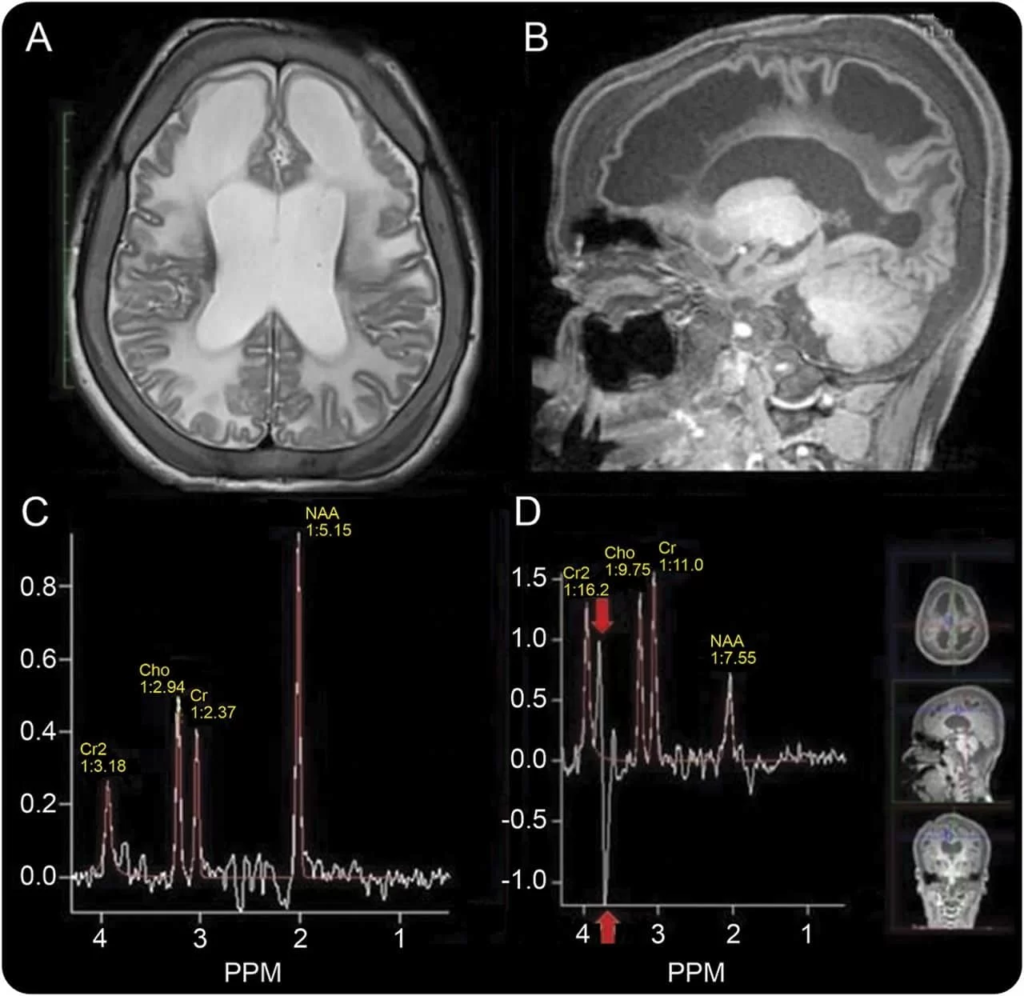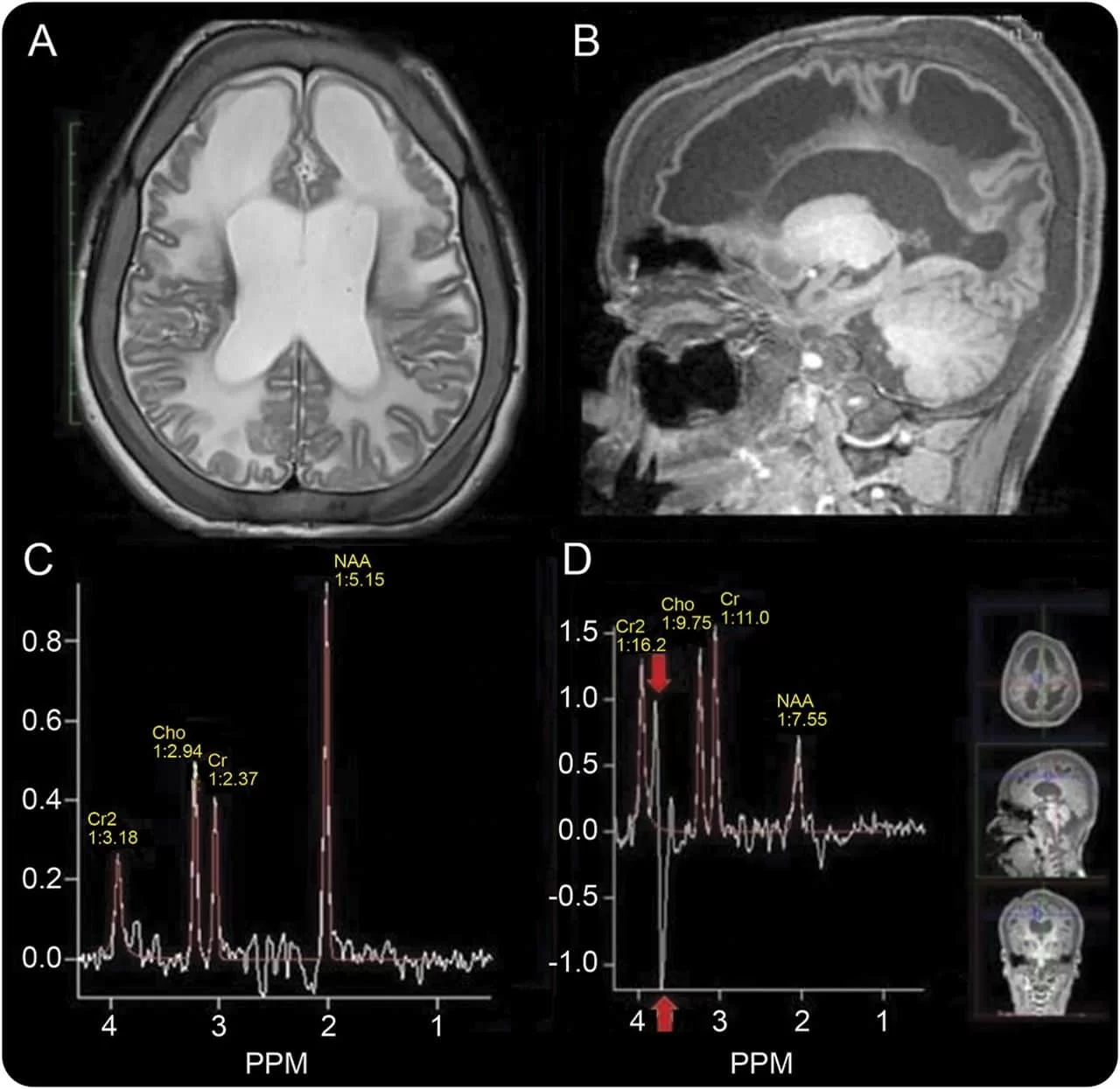RPI deficiency, also known as ribose 5-phosphate isomerase deficiency or pentose phosphate pathway (PPP) deficiency, is a rare disease that affects carbohydrate metabolism. It is caused by a mutation in the RPIA gene, which provides instructions for making ribose 5-phosphate isomerase.
Ribose 5-phosphate isomerase is involved in the pentose phosphate pathway, a metabolic pathway that produces important molecules such as ribose 5-phosphate and NADPH (nicotinamide adenine dinucleotide phosphate). Ribose-5-phosphate is required for the synthesis of nucleotides and the production of coenzymes, which are the building blocks of DNA and RNA. What is RPI Deficiency? more details:

In individuals with RPI deficiency, dysfunction of ribose 5-phosphate isomerase leads to disruption of the pentose phosphate pathway.
This can lead to a variety of symptoms including mental retardation, growth retardation, growth retardation, muscle weakness, seizures and structural abnormalities, and the functioning of many organs.
RPI deficiency is inherited in an autosomal recessive fashion; this means that affected individuals receive two copies of the mutated RPIA gene, one from each parent. The severity of the condition can vary depending on the specific symptoms and age of onset of affected individuals.
Diagnosis of RPI deficiency usually includes clinical examination, biochemical tests, and genetic testing to identify mutations in the RPIA gene. Unfortunately, there is currently no fix for the lack of RPi.
Treatment is usually supportive and aims to manage the symptoms and complications associated with the condition.
For more information, diagnosis and treatment of RPI deficiency, always consult a doctor or geneticist.
Explained about What is RPI Deficiency?
RPI Deficiency Symptoms
RPI deficiency, also known as 5-phosphoribose isomerase deficiency, is a rare disease that affects sugar metabolism in the body. This condition is ribose-5-phosphate isomerase deficiency, which requires the conversion of ribose-5-phosphate to ribulose-5-phosphate in the pentose phosphate pathway. Because this pathway is involved in many cellular processes, a deficiency of this enzyme can have many effects in the body.
RPI deficiency symptoms can vary in severity and present differently in affected individuals. Some of the signs and symptoms associated with this condition may include:
Neurological Symptoms: Many people with RPI develop neurological problems such as disability, massive slow growth, and seizures.
Growth delay: Babies with an RPI deficiency may have trouble gaining weight and growing at a normal rate.
Metabolic Disorders: RPI deficiency can cause metabolic disorders, including glucose metabolism. This can lead to periods of hypoglycemia (low blood sugar) or hyperglycemia (high blood sugar).
Muscle weakness: Some people may develop muscle weakness that affects their ability to perform physical activity.
Facial abnormalities: Individuals with RPI deficiency may have some facial features, although different.
Few Examples contains a broad forehead, wide nose, and wide eyes.
Other possible causes: Other symptoms reported in some cases include heart disease, liver dysfunction, kidney problems, and bone abnormalities. It is important to note that the symptoms and severity of
RPI deficiency can vary and not everyone will experience all of the above symptoms. If you think you or someone you know may have an RPI deficiency, it’s important to consult a doctor for an accurate diagnosis and appropriate treatment. Genetic testing and evaluation by a metabolic specialist may be required to confirm the diagnosis.
How Many People Suffered from RPI Deficiency?
Hence with only 3 diagnosed cases, RPID is known as the world’s second rarest disease. But due to its rarity, the number of people with this disease is difficult to estimate. The number of reports will be very limited. For more information and accurate information now about the possibility of RPI deficiency, it is best to consult the latest medical information, contact a specialized medical center, or consult a geneticist or specialist in the field. They can access new information and research on rare diseases.
Treatment of RPI Deficiency
No, there is currently no cure or prognosis for 5-phosphoribose isomerase deficiency.
How is RPI deficiency diagnosed?
RPI (5-phosphoribose isomerase) deficiency is a rare genetic disease that affects the metabolism of sugar molecules in the body. It is characterized by the absence of 5-phosphoribose isomerase, an enzyme involved in the production of the 5-phosphate ribose molecule.
Diagnosis of RPI deficiency usually involves a combination of clinical, biochemical and genetic testing. Here are some diagnostic steps:
Clinical evaluation: The doctor will review the patient’s medical history and physical examination. They looked for symptoms related to RPI deficiency, such as developmental delay, intellectual disability, developmental delay, epilepsy, or other neurological disorders.
Biochemical tests: Blood or urine can be tested for levels of specific metabolites or enzymes associated with RPI deficiency. For example, the level of ribose-5-phosphate and other molecules can be measured. Abnormal levels may indicate that the RPi may not be sufficient.
Enzyme Activity Test: A sample of human cells, such as skin fibroblasts or white blood cells, can be taken to measure ribose-5-phosphate isomerase activity. Decreased or deficient enzyme activity may indicate the absence of RPI.
Genetic testing: If RPI deficiency is suspected based on clinical and biochemical studies, genetic testing may be performed. This usually involves the insertion of the RPIA gene encoding the 5-phosphoribose isomerase. Genetic testing can identify mutations in genes associated with RPI deficiency.
It is important to remember that RPI deficiency is a rare condition and diagnosis may require consultation with a specialist in rare metabolic diseases or a geneticist. They will consider the full presentation of the treatment, test results, and genetic analysis to find the truth.
Summary
RPI deficiency, also known as 5-phosphoribose isomerase deficiency or RPI-D, is a rare disease that affects the body’s metabolism of 5-phosphate ribose, the building block of nucleotides and other molecules, note other important points.
People with RPI deficiency have mutations in the RPIA gene, which encodes the 5-phosphoribose isomerase. This enzyme is responsible for converting ribose 5-phosphate into ribulose 5-phosphate, an important step in the pentose phosphate pathway.
Deficiency of this enzyme disrupts the metabolic process, causing many symptoms. These can include intellectual disabilities, developmental delays, developmental delays, seizures, muscle weakness, and bone and joint problems.
RPI cannot be inherited as an autosomal recessive trait; this means that a person must inherit two copies of the mutated RPIA gene (one from each parent) to develop the condition. Definitive diagnosis usually requires genetic testing.
There is currently no cure for RPI deficiency. Treatment focuses on controlling symptoms and providing supportive care. This may include physical and occupational therapy, medications to control seizures or other symptoms, and a healthy diet.
Research is ongoing to better understand the mechanisms underlying RPI vulnerabilities and to develop resources. For families affected by RPI deficiency, genetic counseling is essential to understand the risks and options for future pregnancies.
Table of Content to explain RPI Deficiency
What is RPI Deficiency?
RPI Deficiency Symptoms
How Many People Suffered from RPI Deficiency?
Treatment of RPI Deficiency
How is RPI deficiency diagnosed?
Summary

